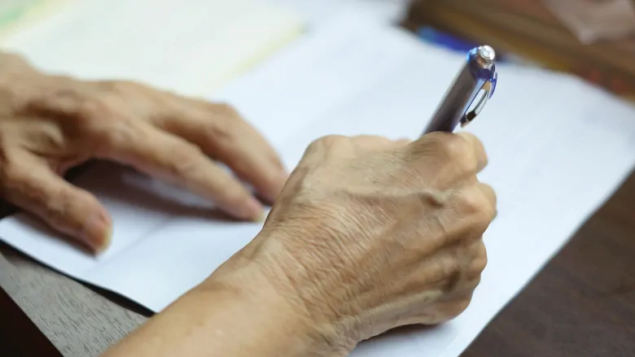The rapid spread of the novel coronavirus and its sometimes quick progression from illness to death, occasionally within a matter of days or even hours, has resulted an interesting realization. Many people, worried about the potential seriousness of COVID-19 are now rushing to create or revise their wills.
Estimates are that over half of the Canadian adult population do not have estate plans, should the worst happen.
In a related issue, only 70 per cent of people who are already ill, or of an advanced age, have created written directives on what to do in the face of severe illness or incapacity, such as if they would wish not to be revived. Without this directive, hospital staff are sometimes left in an ethical dilemma, especially now with hospitals dealing with severely ill COVID-19 patients and limits on resources and equipment.
Along with the will, there should be an indication of who will be the estate executor or attorney. Wills made out prior to a marriage, remarriage, or divorce or separation, can add to legal complications and may well need to be updated.
A trusted person you can name as having power of attorney may also be a wise choice when making a will. This is for when you are still alive but in the event you become suddenly unable to make financial and healthcare decisions for yourself.

Without a will, the state takes over and decides on the distribution of the estate, which can be a long and expensive process. With the pandemic the entire legal system is slowed, including individuals access to lawyers or notaries as well as to witnesses needed to sign documents. (Mike Laanela-CBC)
With the sudden realization of the need for wills due to the pandemic, people are also realizing they’re facing other hurdles related to COVID-19.
With most business offices closed and people in isolation or quarantined, one hurdle is a greatly reduced availability and access to lawyers or notaries to help with preparation the other is access to two witnesses. Witnesses must sign the will or to any new changes to an existing document.
In almost all legal situations, witnesses signing affidavits till have to be physically present in front of a lawyer or commissioner of others, or a document such as a will signed in the presence of two witnesses both present at the same time. Again given the limitations created by the pandemic, meeting these various ‘in person’ signing can be currently difficult.
While legal circles discuss the availability and pros and cons of virtual signing, all are in agreement that people need to make their plans and ensure they meet legal requirements. Without a will the state takes over, which results in much added complications of time and money, still further complicated at present as the legal system has also dramatically slowed due to the effects and precautions resulting from the pandemic.
Additional information sources:
- Canada Revenue Agency- information for executors (Canada)
- B.C. Government: Wills and estate planning
- WierFoulds LLP: The affect of COVID-19 on estate planning and administration
- Globe and Mail: W. Leung: Mar 30/20: Canadians urged to plan ahead for end-of-life decisions as toll from COVID-19 builds
- PostMedia: D. Whittal: Mar 19/20: Canadians should have estate plans in place during this pandemic







For reasons beyond our control, and for an undetermined period of time, our comment section is now closed. However, our social networks remain open to your contributions.